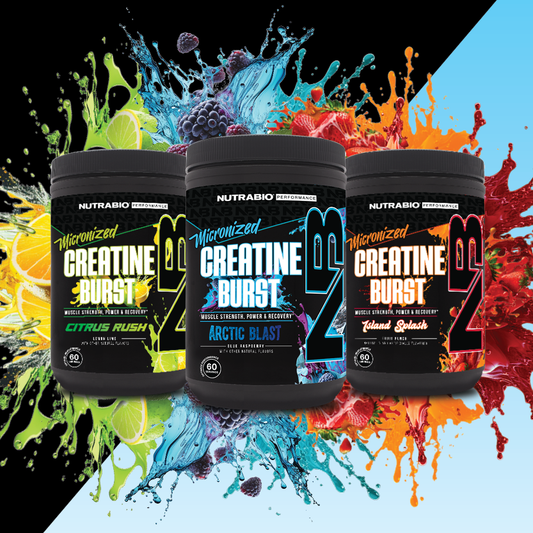Dosage and Timing Of Caffeine
Effective caffeine dose
According to the International Society of Sports Nutrition guidelines, caffeine effectively enhances performance in endurance trained athletes when consumed in low-to-moderate doses (~3-6 mg/kg or roughly 200-400 mg for a 150 lb person) approximately 60 minutes before exercise, but does not result in further performance benefits when consumed in higher dosages (≥ 9 mg/kg).
Additionally, for prolonged exercise sessions lasting longer than 2-3 hours, smaller additional doses of caffeine may be repeated during the exercise bout, in the amount of 1-2 mg/kg (Smith-Ryan, Antonio 2013).
This amount is easily obtained in caffeinated sports gels or chews and may be preferable for endurance athletes competing in events lasting several hours.
Caffeine anhydrous (usually found in capsules) exerts a greater ergogenic effect when compared to drinking caffeinated coffee, tea, or cola.
Reported Benefits/Physiological Effects of Caffeine:
Improvements in endurance performance following caffeine intake have been observed consistently in events lasting 15-120 minutes at an intensity of 70-75% VO2 max, in time trial performances (simulating competitive events such as the 10k), and in time to exhaustion tasks in cycling and running (Graham, 2001).
A possible explanation for these improvements may be that caffeine alters substrate utilization (energy source) during exercise by decreasing reliance on glycogen (carbohydrate stores) and increasing dependence on fat stores, the latter of which we have in relative abundance in our bodies compared to glycogen (Smith-Ryan, Antonio 2013).
However, recent studies have brought this theory under scrutiny.
- Another proposed explanation for the endurance benefits of caffeine consumption is that it decreases pain perception, thus lowering the rate of perceived exertion (RPE) at a given work rate, and making the discomfort of fatiguing exercise seem more tolerable.
- Either way, extensive research exists supporting the ergogenic effect of caffeine on aerobic endurance.
- Finally, caffeine has also been shown to increase metabolic rate, enhance fat metabolism, improve neuromuscular function, increase energy, and improve concentration (Goldstein et al. 2010)., all of which may further improve endurance performance.
Reported Risks of Caffeine Supplementation:
Despite popular belief, current research does not support the notion of caffeine-induced dehydration during exercise, or any change in fluid balance that could be detrimental to performance (Goldstein et al. 2010).
High doses of caffeine (≥ 9 mg/kg body weight) have been associated with increased anxiety, palpitations, restlessness, headache, difficulty sleeping, and gastrointestinal distress, particularly in non-habituated users.
Caffeine toxicity is extremely rare, due to the amount that would be required to reach lethal limits in the blood (5-10 grams, or roughly the equivalent of drinking 75 cups of strong brewed coffee over a short time period).
References:
Anderson, D.E. (2013). Caffeine. In A.E. Smith-Ryan & J.A. Antonio (Eds.), Sports nutrition & performance enhancing supplements (pp. 201-223). Ronkonkoma, NY: Linus Learning.
Goldstein, E. R., Ziegenfuss, T., Kalman, D., Kreider, R., Campbell, B., Wilborn, C., . . . Antonio, J. (2010). International society of sports nutrition position stand: caffeine and performance. J Int Soc Sports Nutr, 7(1), 5. doi: 10.1186/1550-2783-7-5
Graham, T. E. (2001). Caffeine and exercise: metabolism, endurance and performance. Sports Med, 31(11), 785-807.


